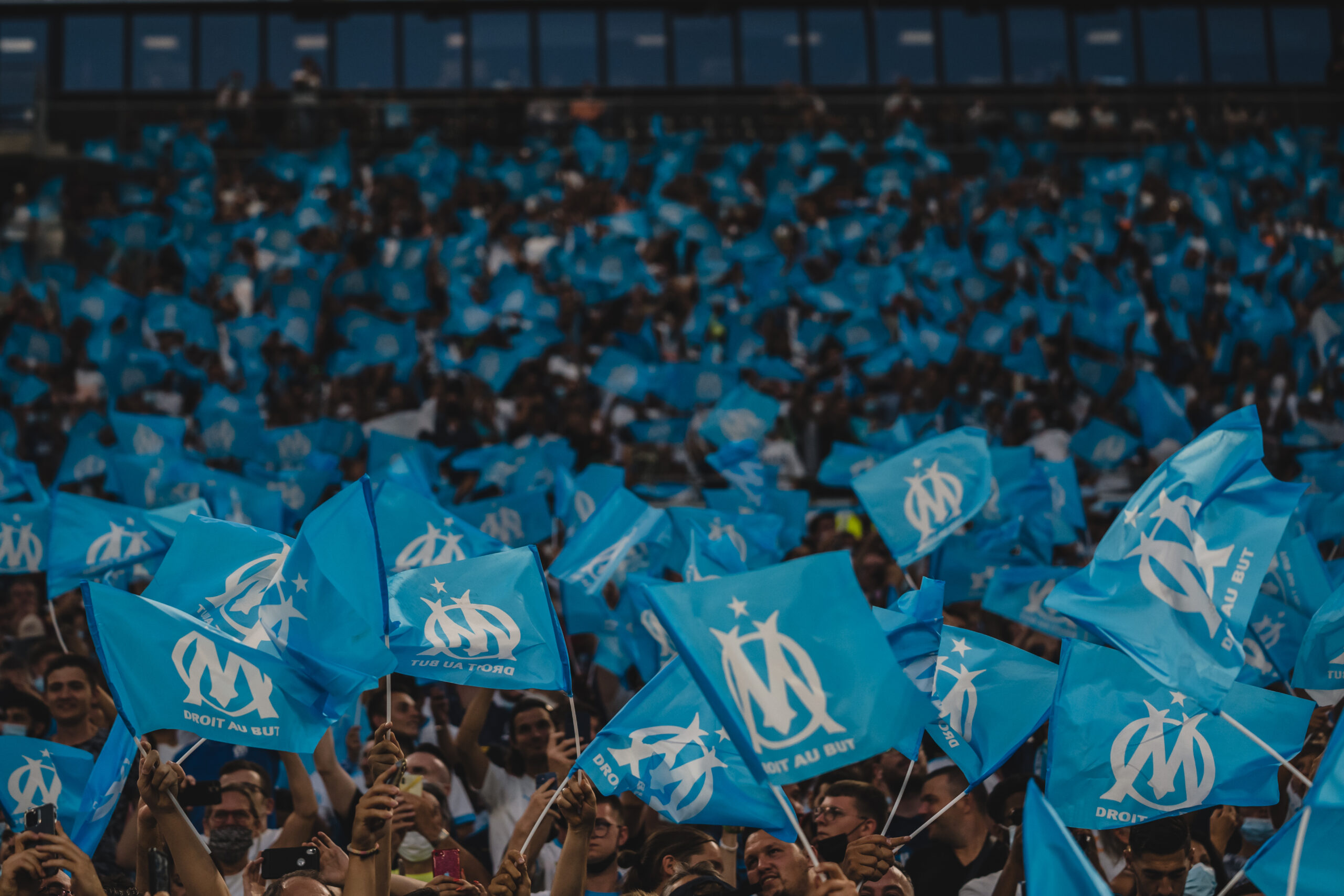Getting to grips with club is like ‘sitting on a volcano’ but big plans are afoot as Thursday’s Europa League semi-final awaits
Looking up towards the endless galleries of Stade Vélodrome, a line of former Olympique Marseille players take in the applause. This is one of the world’s great football venues: bold, sweeping, wild, volatile. All of these 11 men graced it at one point or another, some at its emotional peak. At the right of the group stands Basile Boli, waistcoated and absorbing the scene through shades. It was Boli who entrenched Marseille in the global consciousness 31 years ago, heading past Sebastiano Rossi in Munich to beat a decorated Milan side and win the 1992-93 Champions League. He knows better than anyone that, when the stars align, there is nowhere else like this.
The group of legends have been invited to a reunion of African, or African-heritage, players who once wore the all-white kit. They watch the present-day team play Nice and, with the game deep into added time, the score is 2-2. Marseille have been down to 10 men since Faris Moumbagna’s harsh red card before half-time but only a win will keep them in serious contention for this year’s European spots. In the game’s last attack Pierre-Emerick Aubameyang, a Gabon international, somehow musters the searing speed of old to skin two defenders and run through one-on-one. A stadium, or more accurately an entire city, holds its breath. Aubameyang chips Marcin Bulka but the weight is a fraction too heavy and the ball pings off the crossbar. It is the story of their season.
Getting to grips with Marseille is, as one senior member of their administration puts it, like sitting “on a volcano”. On Thursday night they host Atalanta in the first leg of the Europa League semi-finals and the hope is for a controlled eruption. A second European title would feel like an awakening. too long it has been dormant: a byword for chaos, short-termism, unpredictability, perhaps still struggling to shake the shadow of Bernard Tapie-era corruption that hung over those heady nights in the early 1990s.
Pablo Longoria heads up the team that is, steadily and not without hiccups, turning the tanker around. “The potential of this club is massive, but to harness it we need to be a stable Champions League club,” Marseille’s president says in his office at the club’s training ground, where cypress trees line the driveways and blow from side to side in the seasonal mistral. “The passion in this city is part of the landscape and we have to take every advantage of that, but at the same time you need a vision and strategy for the future that bring stability.”
Now a boyish 38, the Oviedo-born Longoria was brought in as sporting director in July 2020 and became president six months later. Plunging someone so young into the furnace felt like a gamble by the American businessman, Frank McCourt, who bought the club seven and a half years ago. But Longoria came with a prodigious reputation: he was scouting for Newcastle when barely out of his teens before making his name with roles at Juventus, whose name recurs in the Marseille’s corridors of power as a structural model, and Valencia. “When I arrived we needed immediate sporting results to transform the club and give value to everything around it,” he says. “But now it’s very important to have a strategy, a very clear vision for the future. The next cycle of European competitions is very important and we need to be targeting a place in the top 24 clubs.”
Read the full piece on The Guardian’s website.
